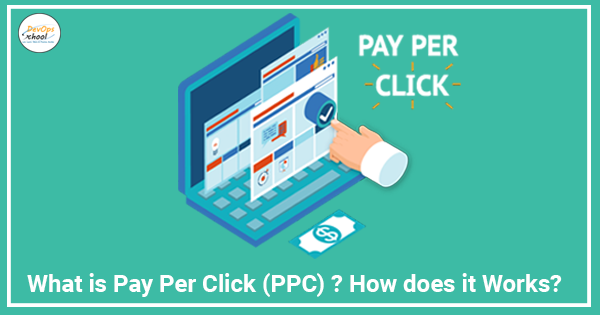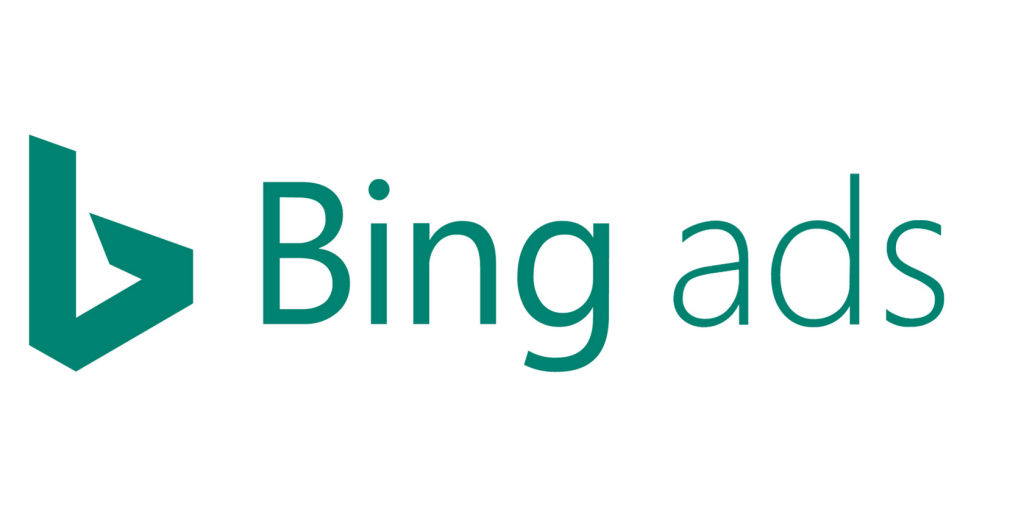
PPC (pay-per-click) marketing is a form of online advertising in which advertisers accrue costs when user click their ads. Advertisers bid on the perceived value of a click in relation to the keywords, platforms, and audience type in which it originates.
PPC is used for all types of campaign goals, including:
- Increase sales.
- Generating leads.
- Promoting brand awareness.
PPC Main Platform:
Google Ads:
- Run-on Google, Search Partner sites, and Display Networks Sites.
- Google Ads is the largest pay-per-click platform. Google Ads was launched in October 2000.

Bing Ads:
- Bing Ads is a pay-per-click platforms ads on the Bing and Yahoo networks.
- The platform also utilizes Search Partners. Bing Ads is primarily keywords based advertising. As of 2017, Bing Ads has 142 million unique searchers on the Bing Network.

How does it Work?
In pay-per-click advertising, advertisements are subject to a bidding system known as an ad auction. This is an automated process followed by the major search engines to determine the validity and relevance of ads appearing on search engine results pages.
Advertisers bid on keywords that are relevant to their business. These are search terms they want to “trigger” or display their ads. Once you have relevant keywords, create an ad and set it in the search engine platform. Add keywords you want to trigger for the ads.
Set bids for how high your ad is in the advertising results section of search results. In addition to the bid price, the advertising platform also determines factors such as quality score and ads extensions to determine which ad is optimal for the highest position.
When a user submits a search query, there are complex algorithmic calculations performed by the search engine that is based on the ad auction.
MotoShare.in provides the perfect two-wheeler for every occasion—daily commuting, weekend escapes, tourist exploration, or test-riding your dream bike. Simplify your mobility with us!

 Starting: 1st of Every Month
Starting: 1st of Every Month  +91 8409492687
+91 8409492687  Contact@DevOpsSchool.com
Contact@DevOpsSchool.com
